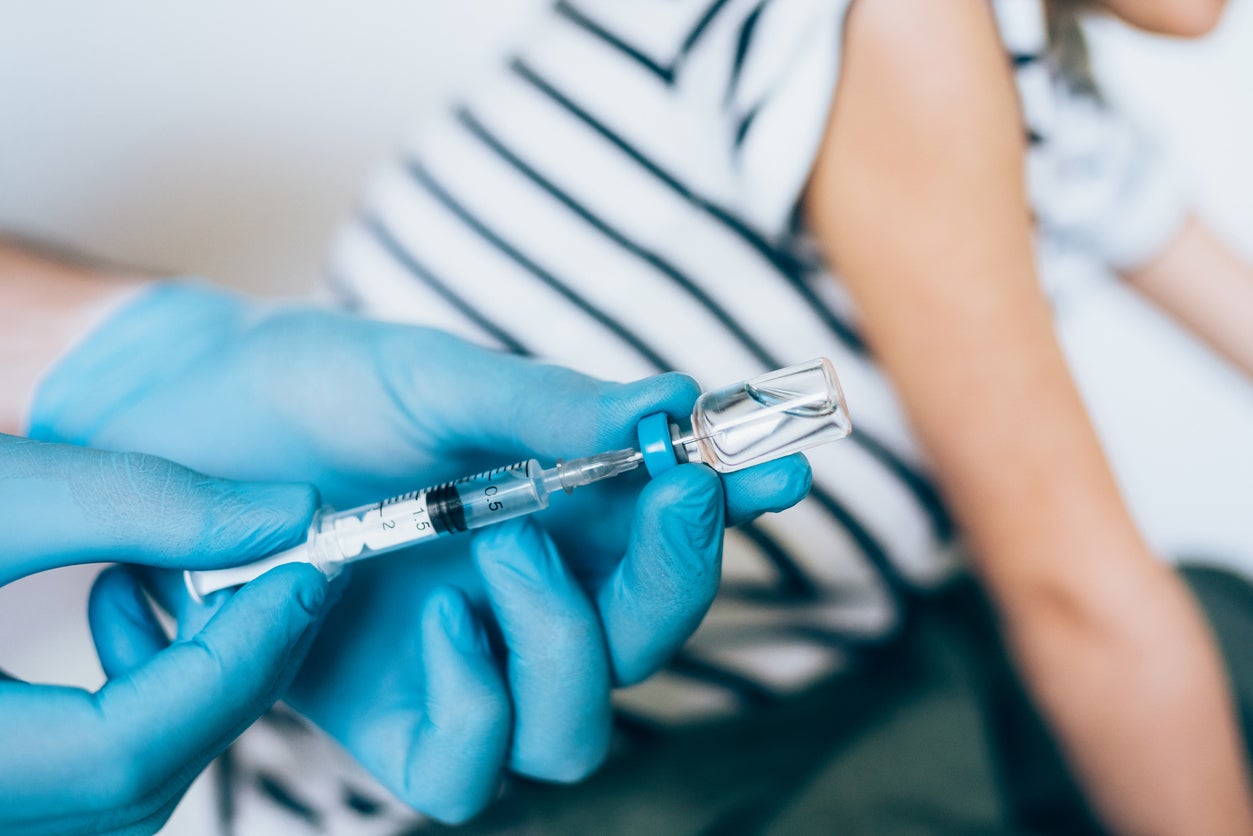Children should be offered coronavirus vaccines – but with no pressure
Editorial: Disruption to education is the main factor to be taken into account when it comes to vaccinating children, but it is for parents and children to accept or not accept the offer

The decision about offering vaccines against coronavirus to healthy children aged between 12 and 15 is one of the hardest of the pandemic so far. Anyone who says it is obvious either that children should or should not be vaccinated should be invited to study the statement issued by the Joint Committee on Vaccination and Immunisation (JCVI) and to consider sincerely the arguments of those who are opposed to their position.
The JCVI statement is a model of clarity. It says that “the benefits from vaccination are marginally greater than the potential known harms” for healthy children, but that this margin is “too small to support advice on a universal programme of vaccination”.
That is because the benefits are known, but small, given the “low risk of serious disease” from Covid-19 for that age group, while the potential harms of vaccines could be greater, but we do not yet know enough about them. The harms we know about so far, such as the risk of heart problems, are “very rare”, the JCVI says, but not enough time has passed to be sure of the effects of the vaccines, and data on other potential adverse reactions “may not be available for several months”.
Join our commenting forum
Join thought-provoking conversations, follow other Independent readers and see their replies
Comments